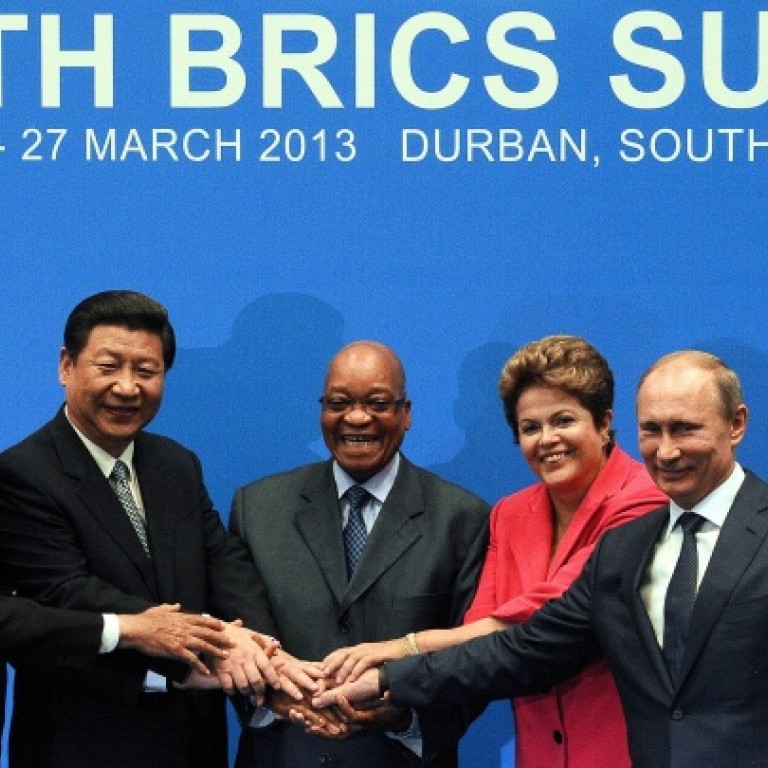
Chinese banks should not fund Great Barrier Reef oil projects
Rey Edward says investments abroad must adhere to its green policies
After years of speculation, Brazil, Russia, India, China and South Africa recently announced plans to create a BRICS development bank. The long-serving chairman of China Development Bank, Chen Yuan , is expected to head the new institution.
With its leadership of the BRICS bank, in addition to its critical role in the global economy, China is now strategically positioned to push private and public companies to adopt more sustainable development practices.
Over the past years, China has released an array of innovative policies that require Chinese banks and companies to adhere to environmental and social standards, such as tying in company credit scores with environmental performance, ensuring that listed companies follow environmental regulations, and requiring that Chinese banks hold their clients accountable for abiding by international norms in overseas projects.
However, China's inconsistent implementation of policies casts doubt on its ability to take advantage of this opportunity. Take, for example, the Great Barrier Reef oil leak of 2010 when a Chinese ship hauling heavy fuel oil and coal to China hit a sandbank located in protected waters. Its ruptured fuel tank dumped up to three tonnes of oil into the pristine water. Although it is protected under the statutes of the Great Barrier Reef Marine Park, coal and liquefied natural gas exports are turning the world's largest reef system into a treacherous "coal highway" for carriers bound for India and China.
Despite this notorious precedent, several coal export terminals and LNG plants are currently being constructed on the coast of Australia, right inside the reef boundary. Just one proposed coal export terminal, near Wiggins Island, would have an export capacity of approximately 84 million tonnes per year - most of it bound for China and India.
The LNG plants are, likewise, raising local concerns regarding water safety and fracking, as the feedstock for these plants is coal-seam gas, often sourced from prime agricultural land in nearby Queensland.
The Wiggins Island terminal and LNG plants would create a host of problems for the reef, designated a World Heritage site in 1981. According to a new report from the Australian environmental non-governmental organisation, Market Forces, the project would threaten endangered species, increase dredging operations, intensify shipping pollution, and worsen climate change by enabling even more coal to be burned.
Despite the obvious cultural and environmental concerns of building dirty facilities in the reef, however, major Chinese banks, such as China Development Bank, the Export-Import Bank of China, and Bank of China have all approved financing for the projects.
In financing these projects, they are violating China's own policies: first, they are running foul of the banking authorities' green credit directive by failing to require its clients to adhere to international best practices in environmental safeguards. Second, they are violating the recently released guidelines on environmental protection in overseas investments by failing to protect the local environment.
These are just a couple of policies China has produced to regulate investments abroad. But as demonstrated in these cases, China has yet to deliver on the pledge to develop sustainably, despite its claims otherwise.
If China hopes to champion these innovative sustainable development policies, either at the newly minted BRICS bank or within its own institutions, it should address the role Chinese banks play in financing environmentally dangerous projects. Otherwise, China will squander a golden opportunity to lead by example.
